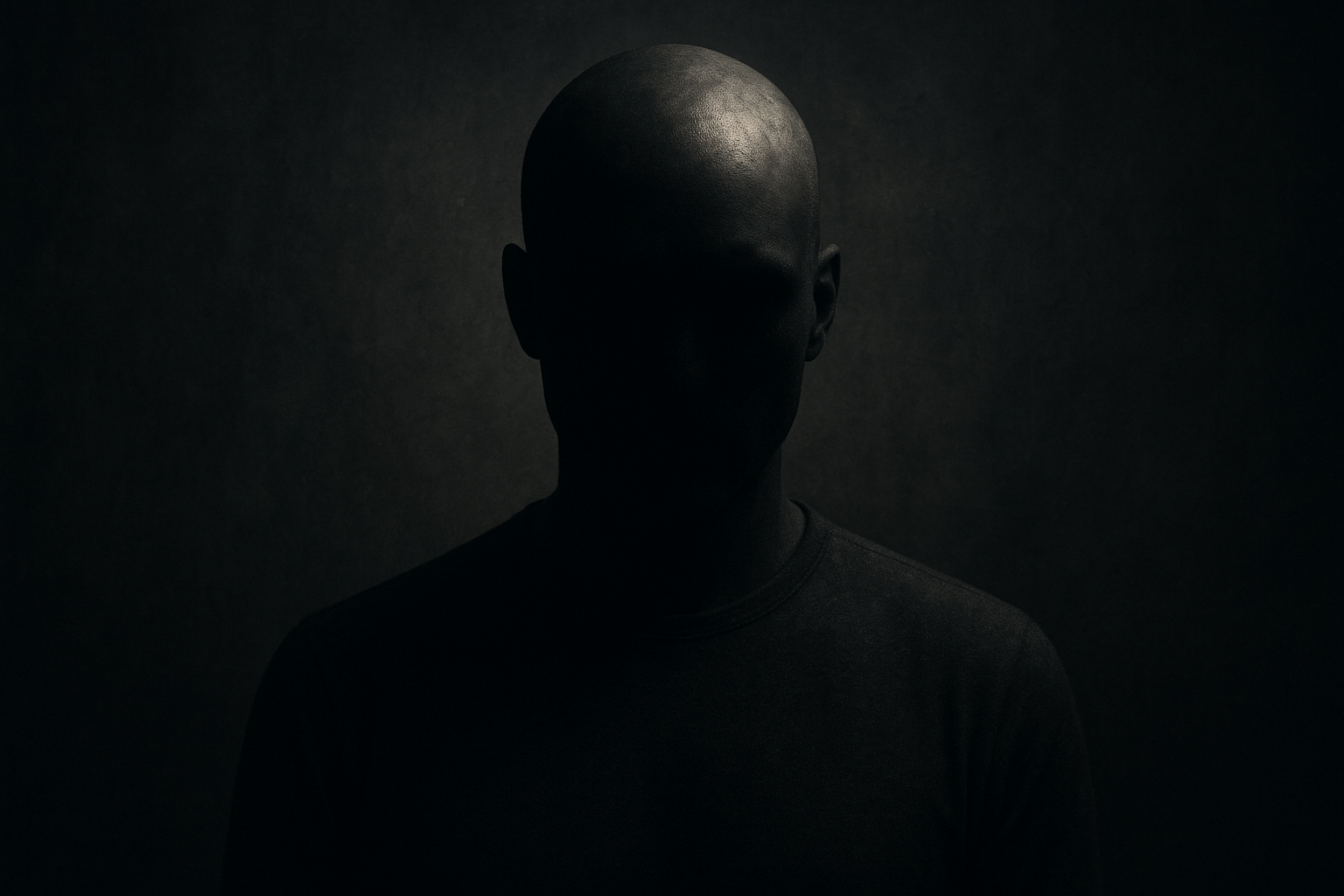The concept of resonance often evokes imagery of sound waves and musical harmony. However, resonance extends beyond mere acoustics and penetrates the philosophical realms of existence, identity, and consciousness. The idea that there is a resonance beyond silence brings forth intriguing questions: what lies in the absence of sound, and how does it permeate our understanding of reality?
Understanding Resonance
Before delving into the metaphysics of silence, it’s essential to grasp the fundamental nature of resonance. In physics, resonance occurs when an object vibrates at maximum amplitude due to external energy. This phenomenon manifests not just in objects but in ideas, emotions, and experiences. As the philosopher Friedrich Nietzsche stated, “Without music, life would be a mistake.” This quote suggests a deeper connection between the perceived vibrations of music and their unseen impact on life.
The Paradox of Silence
Silence, often perceived as the absence of sound, is rich with philosophical implications. John Cage, a 20th-century composer, challenged the conventional notion of silence with his composition 4’33”, where musicians sit in silence for four minutes and thirty-three seconds. Cage’s work underscores that silence is not an emptiness but a space filled with ambient sounds that often go unnoticed.
“What they thought was silence, because they didn’t know how to listen, was full of accidental sounds.” — John Cage
Cage’s radical approach to music prompts us to contemplate the resonance found in silence, suggesting that even in quietude, there exists an abundance of vibrational energy waiting to be discerned.
Resonance in Philosophy
Philosophers have long explored the dynamic interplay between silence and sound, each serving as metaphors for knowledge, truth, and understanding. In Eastern philosophies, silence often symbolizes a deeper, non-verbal wisdom. In Zen Buddhism, for example, zazen or seated meditation is a practice that embraces silence to reach an enlightened state.
Similarly, in Western philosophy, resonance plays a critical role. Heidegger, for example, examined the idea of silence in his existential ontologies, interpreting it as a metaphor for hiddenness and the unsaid in human existence. For Heidegger, silence is not a mere void but a foundational aspect of Dasein, or “being-there.”
“… The true essence of language as saying that points the way is, in its very nature, aimed at silence.” — Martin Heidegger
From this perspective, silence becomes a profound element of our existence, resonating with unspoken truths and transformative potential.
Resonance in Identity and Culture
Identity is another realm where resonance extends beyond silence. In our interconnected world, cultures, traditions, and individual identities resonate with and echo through one another, often in ways that are not immediately audible. This cultural symphony can be seen in the way values and beliefs are shared, challenged, and transformed across societies.
Resonance plays a critical role in revealing the complexities of identity. The stories and histories we carry within us resonate even when not spoken aloud. As sociologist Stuart Hall articulates, identity is not a fixed essence but “a ‘production,’ which is never complete, always in process, and always constituted within, not outside, representation.” Silence becomes not the absence but the space in which these identities evolve and find articulation.
Technological Resonance
In the 21st century, technology has introduced a new layer to our understanding of resonance and silence. The digital age presents us with a paradox of noise and silence. We are constantly bombarded with information, yet beneath this din lies the quiet power of data, algorithms, and connectivity.
- Social Media: Platforms amplify voices, creating an endless echo chamber. However, amidst the noise, there are silent influencers shaping our perceptions, choices, and behaviours.
- Artificial Intelligence: These systems process vast amounts of silent data, leading to insights and actions that resonate through societal structures in ways both seen and unseen.
- Virtual Reality: Creating immersive environments where the silence of the real world is replaced by fabricated resonance, challenging our perceptions of presence and absence.
Technology, in this sense, is not just a tool but a space where silence and resonance constantly intersect, creating new modes of interaction and understanding.
Concluding Thoughts: Embracing the Unheard
Resonance beyond silence invites a reimagining of our engagement with the world. It’s about listening to the unspoken, perceiving the unseen, and understanding the intangible. The absence of sound is not a lack but a gateway to deeper awareness and connection. As we continue to navigate our complex realities, embracing this resonance may lead to profound insights about ourselves and the world around us, transforming silence from a void into a plenitude of potential.
The philosophical exploration of resonance and silence thus challenges us to reconsider our interactions with the world, urging us to find meaning and harmony in both the audible and the imperceptible. In doing so, we open ourselves to a fuller, more resonant experience of life.




